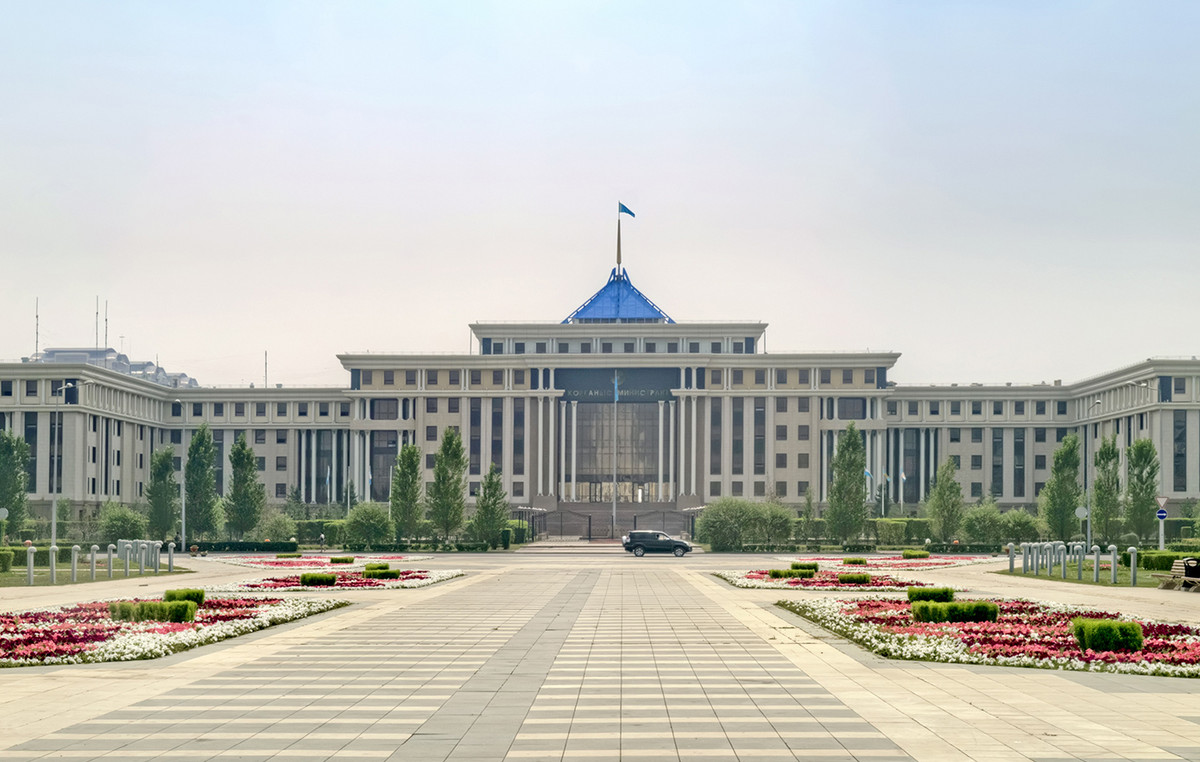There are around 350 million people with depression in the world, according to the WHO (World Health Organization). In Brazil alone, there are 11 million people living with the disease, which makes the country first in the ranking of depression incidence in Latin America.
The situation is even more delicate in low- and middle-income countries, where 80% of people with mental disorders do not receive adequate treatment. The subject is the subject of “CNN Vital Signs – Dr. Kalil Interview ” this week, which will be shown on Saturday (2) and welcomes psychiatrist Wagner Gattaz, professor at USP, and philosopher Mario Sergio Cortella.
Talking about mental health is fundamental, especially after the Covid-19 pandemic which, for Gattaz, worsened the depression scenario in Brazil and around the world.
“Statistically, we carried out a representative epidemiological study here in the state of São Paulo in 2012, well before the pandemic. We found that within 12 months, 20% of the population, that is, one in five, will show symptoms of anxiety. Symptoms of depression occur in 12%”, he shares.
Also according to the psychiatrist, there was an increase of around 25% in cases of anxiety and depression after the pandemic. Much of this may be related to uncertainties about the virus and vaccination, in addition to the high number of cases and deaths that occurred at the time.
Respondents are unanimous in saying that it is necessary to talk more and more about this topic in order to save lives. “Depression is the most common cause of suicide. Around 80% of people who commit suicide are depressed,” says Gattaz.
How to differentiate sadness and depression?
It is essential to know how to differentiate sadness, a natural human emotion, from depression, a disease that must be treated. “A sad person can be overwhelmed, they can be calm, but they return to their state later. Sadness is a component of our existence. Just like happiness, no one is sad all the time, nor happy all the time”, explains Margio Sergio Cortella.
Depression can include other, more profound and often disabling symptoms. “Depression is not just sadness. Depression often occurs with a phenomenon called anhedonia, which is a decreased ability to feel pleasure. The person is not sad, but they say 'I can't feel, I'm numb inside”, explains Gattaz.
For Cortella, the modern and westernized lifestyle has direct consequences on mental health. “There is an illness in our daily lives, due to the way we live together”, he says, also referring to technology and social networks.
“There is the obsession with consumption, 'consumolatry', this adoration all the time because you have to have things, because that is what will give you joy and, therefore, generates frustration”, he adds.
For Gattaz, although technology can worsen depressive conditions, it is not solely responsible. The psychiatrist explains that genetic components also influence the emergence of mental disorders.
“When a person has, for example, a first-degree relative with depression, the risk increases by around 15 times for them to also have depression. Like everything, right? We are the result of the interaction of our genes with the environment”, he adds.
“CNN Sinais Vitais – Dr. Kalil Interview” will air on Saturday, March 2nd, at 7:30 pm, on CNN Brasil.
Source: CNN Brasil
I am an experienced journalist and writer with a career in the news industry. My focus is on covering Top News stories for World Stock Market, where I provide comprehensive analysis and commentary on markets around the world. I have expertise in writing both long-form articles and shorter pieces that deliver timely, relevant updates to readers.







